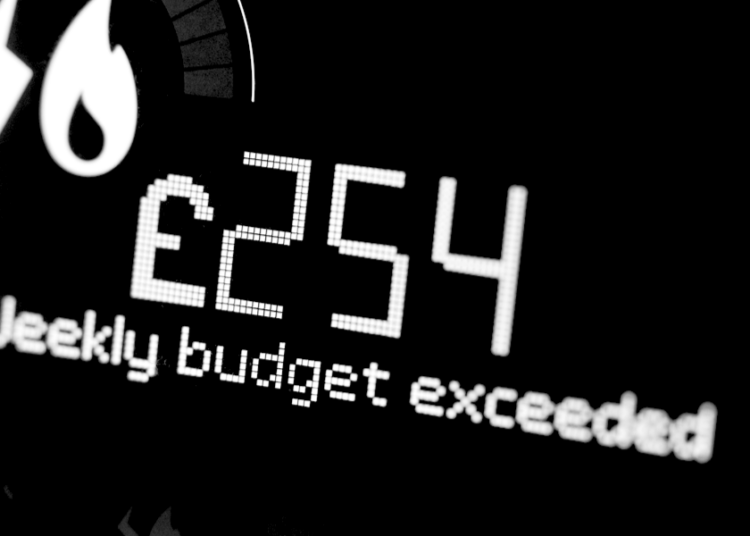‘SMART meters are seen as an important part of the transition to net zero by allowing homeowners to more easily track their energy use and take steps to reduce consumption.’ That’s the Guardian’s way of explaining them. ‘One of the most significant benefits of smart meters is their ability to enable demand response programs and dynamic pricing.’ That’s the other way.
‘Demand response programs’ mean your supplier can decide whether to give you power or not. They enable demand to be reduced at peak periods either by cutting you off completely or by charging you a lot more if you insist on switching things on. These periods, says a very misleading industry comment, ‘are typically when the demand for electricity is highest, such as on hot summer afternoons’. That’s all right, you’re saying, we don’t use much electricity on a sunny summer afternoon anyway. Of course you don’t. Neither does anyone else. Actual peak periods are roughly 7-11am and 5-9pm, and the real threat is during the winter.
The benefits are of course for the government of the day as they are there to get them out of the quandary they have themselves got into. There are even now no sensible plans for our vital future energy supplies. The Great Net Zero Commitment was adopted without any thought as to where our electricity would come from. ‘Demand response programs can help utilities to avoid the need for expensive and polluting power generation methods.’ There lies the proof that we have been conned all along. These things are not really to help you track your costs: that is just the official reason to persuade everybody to have one.
If our electricity is to be totally emission-free, a constant (note that word) power supply for the UK can be achieved only by means of nuclear power stations. There are no plans for building anything like what we would need for peak demand. If the government can tell utility suppliers to control demand by flicking a few switches, think how much cheaper that is than forking out for half a dozen nuclear plants.
Only very recently have the Tories realised that the wind does not blow constantly and the sun does not shine at all for the winter evening peak demand. This is why they have advocated continuing back-up power from gas-fired plants. The Starmer-Miliband plan is for total green energy generation by 2030, which translates into wind, solar, hydro and nuclear. Their idea for the end of this decade means that wind and solar will have to provide about 90 per cent of peak requirements. We would survive even on a sunny summer afternoon only if by then we had constructed a lot more wind turbines and the wind was blowing strongly enough to turn the turbine blades of every wind farm on land and sea.
In January 2030, when you come home on a calm, cloudy and cold winter evening an hour after sunset, there would be two possibilities: you would be charged a much higher rate for your power or it would simply be cut off, depending on whether the supply is just managing or heading for an emergency shutdown. The only times you would risk being cut off completely are on those occasions when you really need electricity: cold winter evenings. In that case you would have no power for heating (gas-fired boilers have electrical controls), lighting, cooking, the internet or charging your car.
There is some better news, though. ‘The smart meters scandal is about to explode in our faces’, claims the Telegraph. There are also apparently almost four million smart meters not working properly.
(This disturbing fact gave rise to a curious comment from Lord Callanan, minister for energy efficiency and green finance, whose title you may have not come across before and now are wondering how those two job titles could ever go together. He wrote to Ofgem to tell them that ‘the number of faulty meters fell short of what the government expected to see’, and urged the regulator to take action. Not quite what he really meant, maybe?)
Smart meters have brought with them all kinds of problems. Quite a lot don’t show anything. Many will not work if you change supplier. Some (how many?) will need to be exchanged for newer models. A lot of people want nothing to do with them as they don’t want anyone else controlling their electricity and therefore a good part of their lives. But the huge elephant in the room is the fact that unless everyone has one, the scheme will be hopelessly unfair. Would you want to see your neighbour’s lights on and smell their supper cooking while you and your family were shivering in the dark? No? I thought not.
Smart meters were smart because they meant the UK could go for its Net Zero target without it costing too much. They were meant to be an affordable solution but have become an insoluble problem.

